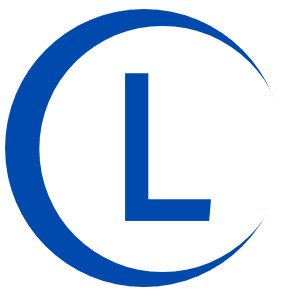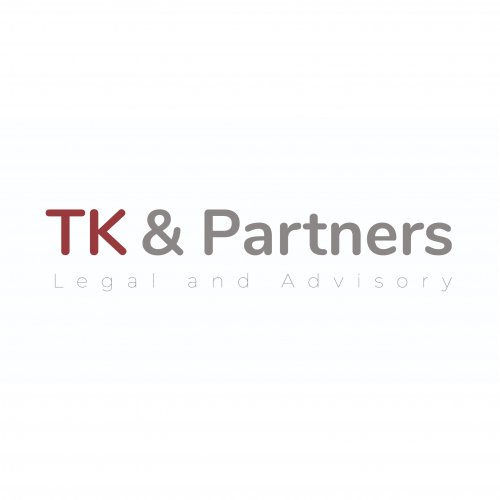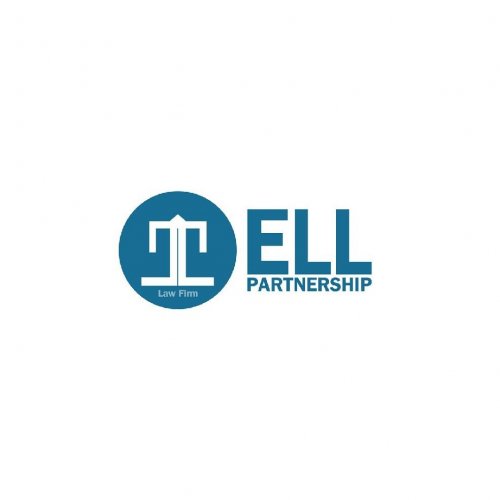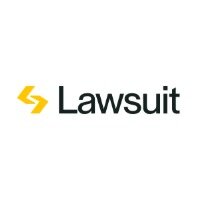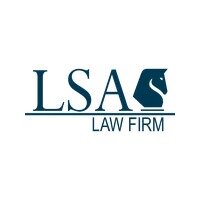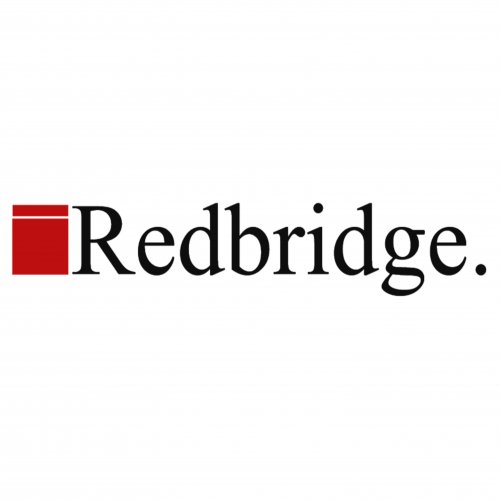Best Communications & Media Law Lawyers in Yerevan
Share your needs with us, get contacted by law firms.
Free. Takes 2 min.
List of the best lawyers in Yerevan, Armenia
About Communications & Media Law in Yerevan, Armenia
Communications & Media Law in Yerevan, Armenia regulates the legal framework governing communication and media-related activities in the city. It encompasses laws and regulations that protect the rights and interests of individuals and organizations involved in the media industry, including journalists, broadcasters, publishers, advertisers, and other stakeholders.
Why You May Need a Lawyer
There are several situations where you may require legal help in the field of Communications & Media Law:
If you are a journalist or media professional facing issues related to defamation, libel, or privacy rights, a lawyer can assist in protecting your rights and defending you against legal actions.
When creating media content, it is essential to navigate copyright and intellectual property laws. A lawyer can provide guidance to ensure compliance and prevent potential legal disputes.
If you are starting a media-related business or venturing into media production, a lawyer can help with the legal aspects, such as business formation, licensing, regulatory compliance, and contracts.
In case you experience censorship or freedom of speech violations, a lawyer can help you assert your rights and challenge any infringements.
When dealing with media-related disputes, such as contract disagreements, content licensing, or breach of confidentiality, a lawyer can provide legal advice and represent your interests.
Local Laws Overview
Key aspects of local laws relevant to Communications & Media Law in Yerevan, Armenia include:
Constitutional Protections: The Armenian Constitution guarantees freedom of speech and expression, as well as the right to gather and disseminate information.
Media Regulation: The Law on Television and Radio Broadcasting, along with other regulations, governs the licensing, operation, and content standards for television and radio broadcasters.
Defamation and Libel Laws: Defamation and libel are addressed under Armenian civil and criminal laws. It is important to understand the legal boundaries when reporting on individuals or entities.
Intellectual Property: Copyright laws protect intellectual property rights, including literary, artistic, and audiovisual works. Understanding these laws is crucial for media professionals to avoid infringing on others' rights.
Data Protection and Privacy: Laws related to data protection and privacy ensure the security and confidentiality of personal information. These laws may affect the collection, storage, and use of personal data by media organizations.
Frequently Asked Questions
Q: Can journalists be held accountable for the content they publish?
A: Yes, journalists can be held accountable for the content they publish. They should adhere to ethical standards and respect laws related to defamation, privacy, and national security.
Q: How can I protect my intellectual property as a media creator?
A: To protect your intellectual property, you can register your copyrights for original works with the Intellectual Property Agency of Armenia. Additionally, using contracts and licensing agreements can help safeguard your rights.
Q: What can I do if my freedom of speech is violated?
A: If you believe your freedom of speech is violated, you can consult with a lawyer who specializes in Communications & Media Law to assess the situation and discuss potential legal actions to assert your rights.
Q: Are there restrictions on foreign ownership in media companies?
A: Yes, Armenian media legislation imposes certain limitations on foreign ownership in media companies. It is advisable to consult with a lawyer familiar with the specific regulations in order to understand the legal requirements.
Q: What legal steps should I take before starting a media-related business?
A: Before starting a media-related business, it is important to consult with a lawyer who can guide you through the necessary legal steps, such as business registration, obtaining the required licenses, and complying with relevant regulations.
Additional Resources
Here are some additional resources related to Communications & Media Law that can be helpful for someone in need of legal advice:
- Ministry of Justice of the Republic of Armenia: The ministry provides information on laws, regulations, and legal procedures in Armenia. Their website can be a valuable resource.
- Armenian National Assembly: The official website of the Armenian National Assembly contains information on legislation, including laws related to Communications & Media Law.
- Armenian Lawyers' Association: This organization provides legal assistance and resources, including a directory of lawyers specializing in various fields of law, including Communications & Media Law.
Next Steps
If you require legal assistance in Communications & Media Law, these steps can guide you:
1. Identify your specific legal needs within the field of Communications & Media Law.
2. Research and compile a list of reputable lawyers or law firms in Yerevan, Armenia, who specialize in Communications & Media Law.
3. Contact these lawyers or law firms to schedule consultations and discuss your situation.
4. During the consultations, explain your case and concerns clearly. Obtain information on their experience, fees, and potential strategies to address your legal needs.
5. Evaluate and compare the lawyers' expertise and proposed approaches to choose the one who best suits your requirements.
6. Retain the chosen lawyer by signing an agreement that outlines the terms, responsibilities, and fees.
7. Work closely with your lawyer to navigate the legal process, address your concerns, and achieve the desired outcome.
Remember, the above steps are a general guide, and it is crucial to tailor them according to your specific circumstances and seek personalized advice from a qualified lawyer.
Lawzana helps you find the best lawyers and law firms in Yerevan through a curated and pre-screened list of qualified legal professionals. Our platform offers rankings and detailed profiles of attorneys and law firms, allowing you to compare based on practice areas, including Communications & Media Law, experience, and client feedback.
Each profile includes a description of the firm's areas of practice, client reviews, team members and partners, year of establishment, spoken languages, office locations, contact information, social media presence, and any published articles or resources. Most firms on our platform speak English and are experienced in both local and international legal matters.
Get a quote from top-rated law firms in Yerevan, Armenia — quickly, securely, and without unnecessary hassle.
Disclaimer:
The information provided on this page is for general informational purposes only and does not constitute legal advice. While we strive to ensure the accuracy and relevance of the content, legal information may change over time, and interpretations of the law can vary. You should always consult with a qualified legal professional for advice specific to your situation.
We disclaim all liability for actions taken or not taken based on the content of this page. If you believe any information is incorrect or outdated, please contact us, and we will review and update it where appropriate.




